Godfred Agyapong
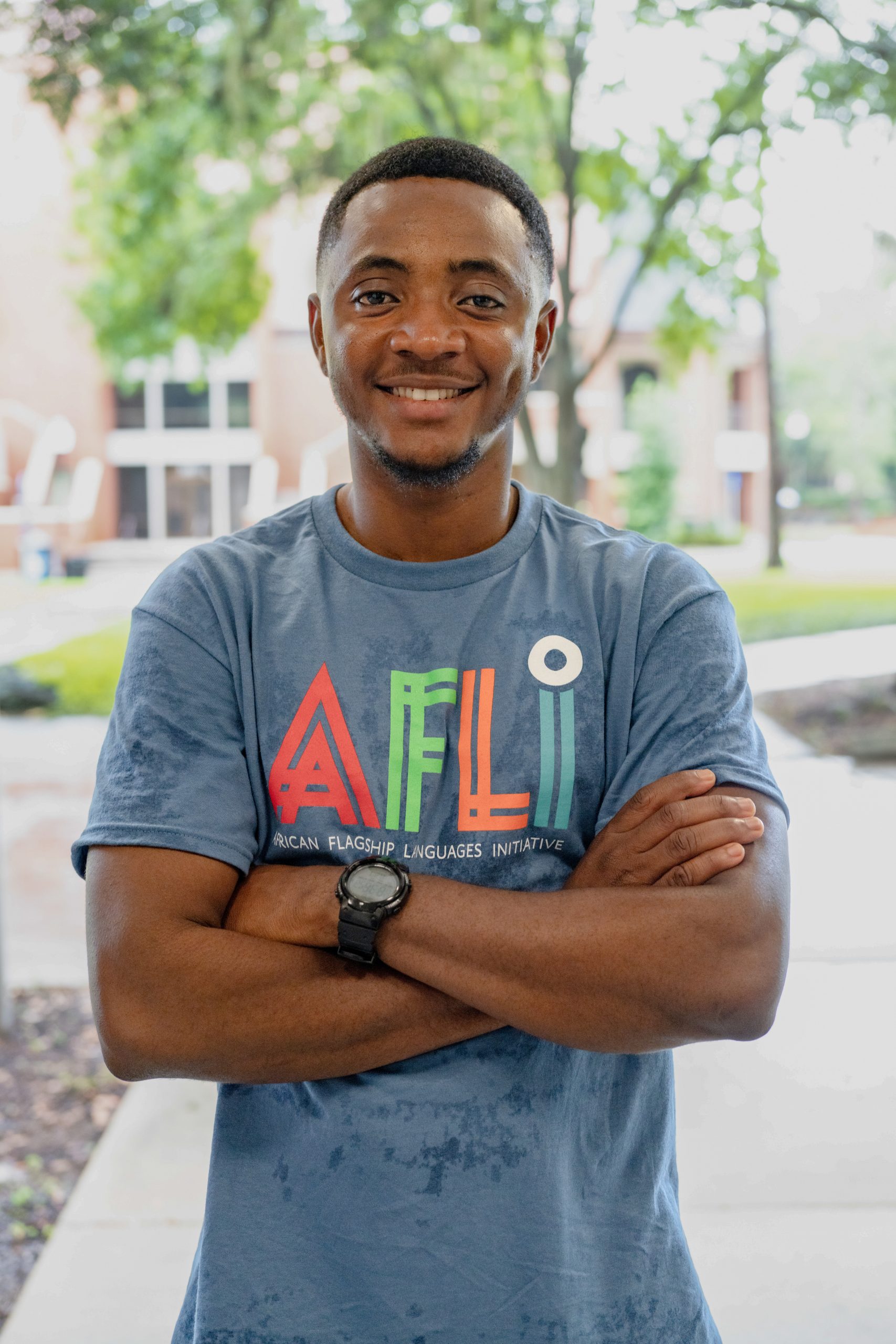 Godfred Agyapong is an MA Linguistics student and Akan Language instructor at the University of Florida’s Department of Languages, Literatures, and Cultures. Hailing from Kumasi, in the heart of the Ashanti Region of Ghana, Godfred brings a unique perspective and deep understanding of African languages to his teaching and research.
Godfred Agyapong is an MA Linguistics student and Akan Language instructor at the University of Florida’s Department of Languages, Literatures, and Cultures. Hailing from Kumasi, in the heart of the Ashanti Region of Ghana, Godfred brings a unique perspective and deep understanding of African languages to his teaching and research.
Before joining the University of Florida in 2022, Godfred served as a Teaching Assistant at the Department of Ghanaian Languages and Linguistics at the University of Cape Coast, where he earned his bachelor’s degree in Linguistics and Ghanaian Languages.
With a focus on Language Documentation and Computational Linguistics, Godfred is keenly interested in bridging the gap between NLP (Natural Language Processing) programs and African Languages. He is committed to making African languages accessible and usable in the digital age.
Happiness Patrick Bulugu
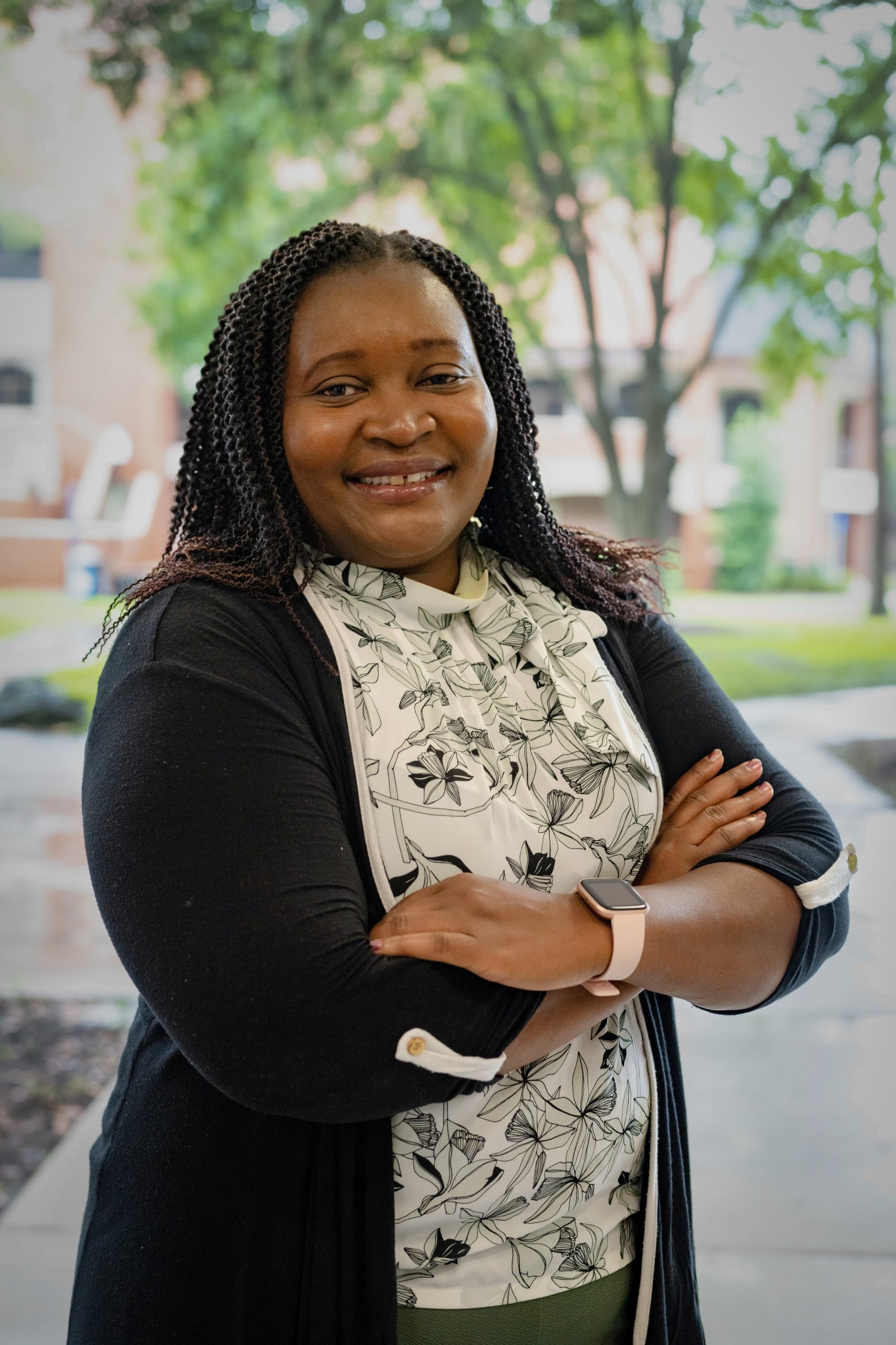 Bulugu is a senior lecturer at Cornell University. She has been teaching Swahili at the beginning to advanced levels and jumpstart courses for Global Health majors who travel to Tanzania for service learning since 2012. Prior to Cornell, she graduated with a master’s degree in applied linguistics focused on language teaching specialization at the University of Oregon where she taught as a graduate teaching fellow and later as an instructor. Happiness has been teaching beginning Swahili classes in the AFLI program since 2019. She is a certified Swahili language proficiency tester using the American Council on the Teaching of Foreign Languages (ACTFL) and Interagency Language Roundtable (ILR) proficiency guidelines for various programs.
Bulugu is a senior lecturer at Cornell University. She has been teaching Swahili at the beginning to advanced levels and jumpstart courses for Global Health majors who travel to Tanzania for service learning since 2012. Prior to Cornell, she graduated with a master’s degree in applied linguistics focused on language teaching specialization at the University of Oregon where she taught as a graduate teaching fellow and later as an instructor. Happiness has been teaching beginning Swahili classes in the AFLI program since 2019. She is a certified Swahili language proficiency tester using the American Council on the Teaching of Foreign Languages (ACTFL) and Interagency Language Roundtable (ILR) proficiency guidelines for various programs.
Macodou Fall
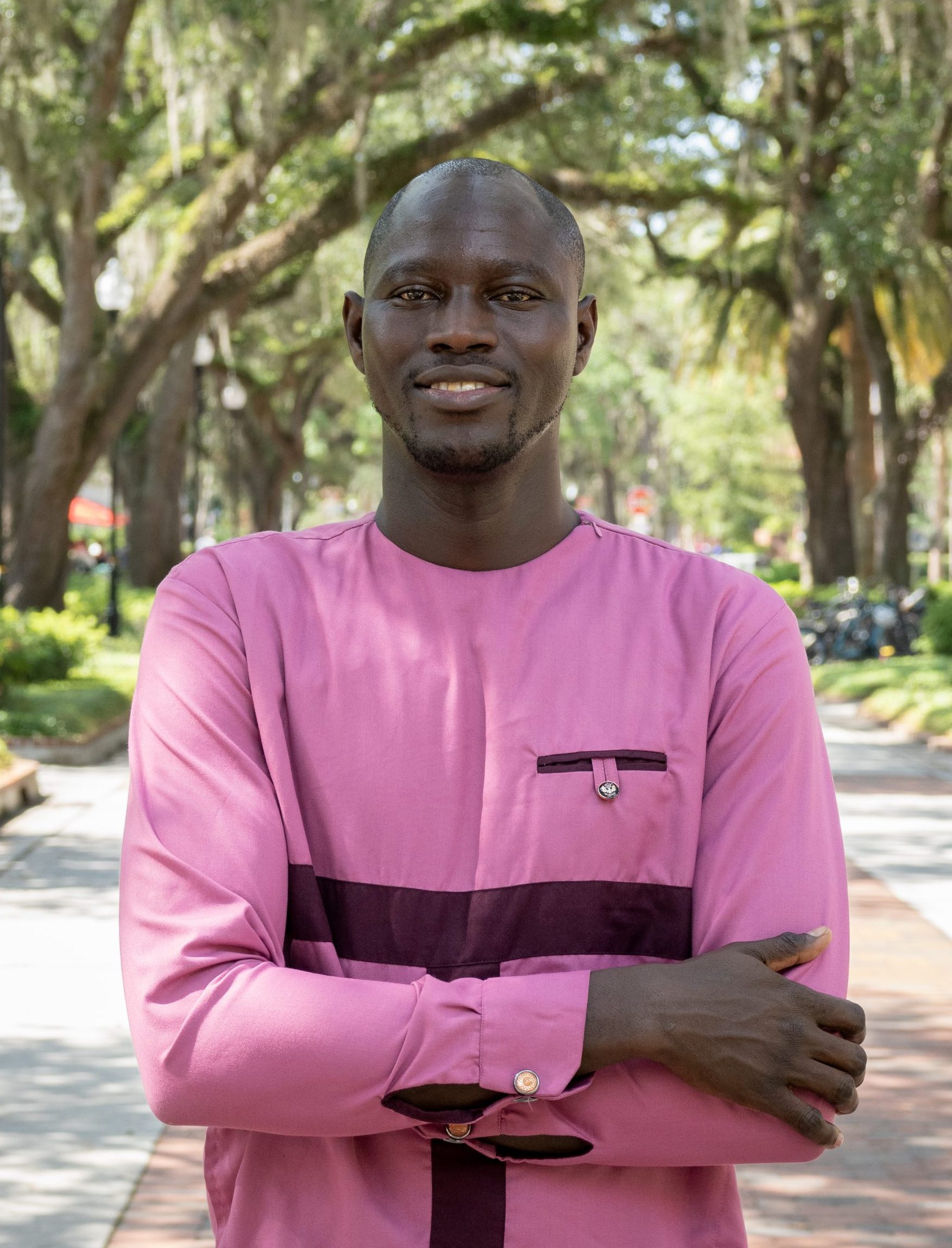 Macodou graduated from Cheikh Anta Diop University in Dakar (Senegal) with a B.A and an M.A in English. He then completed another M.A in African Studies at Ohio University, Athens. Macodou is interested in the study of Islam, Ajami literature, traditional religions, and popular culture in West Africa with a focus on the Senegalese Sufi Brotherhood, Muridiyya. His research project seeks to explore the Murid urban associations’ (Dahiras) various teaching methodologies, which also include singing, praise singing, and the interpretation of Murid texts (qasidas) via the use of Ajami Wolof. Specially, Macodou intends to examine the historiography and meanings of the different forms of singing of the qasidas and the Dahiras’ re-appropriation of early Murid scholars’ educational mission. Macodou is fluent in Wolof, French, and English and has taught Wolof at Ohio University.
Macodou graduated from Cheikh Anta Diop University in Dakar (Senegal) with a B.A and an M.A in English. He then completed another M.A in African Studies at Ohio University, Athens. Macodou is interested in the study of Islam, Ajami literature, traditional religions, and popular culture in West Africa with a focus on the Senegalese Sufi Brotherhood, Muridiyya. His research project seeks to explore the Murid urban associations’ (Dahiras) various teaching methodologies, which also include singing, praise singing, and the interpretation of Murid texts (qasidas) via the use of Ajami Wolof. Specially, Macodou intends to examine the historiography and meanings of the different forms of singing of the qasidas and the Dahiras’ re-appropriation of early Murid scholars’ educational mission. Macodou is fluent in Wolof, French, and English and has taught Wolof at Ohio University.
Abdoulaye Kane
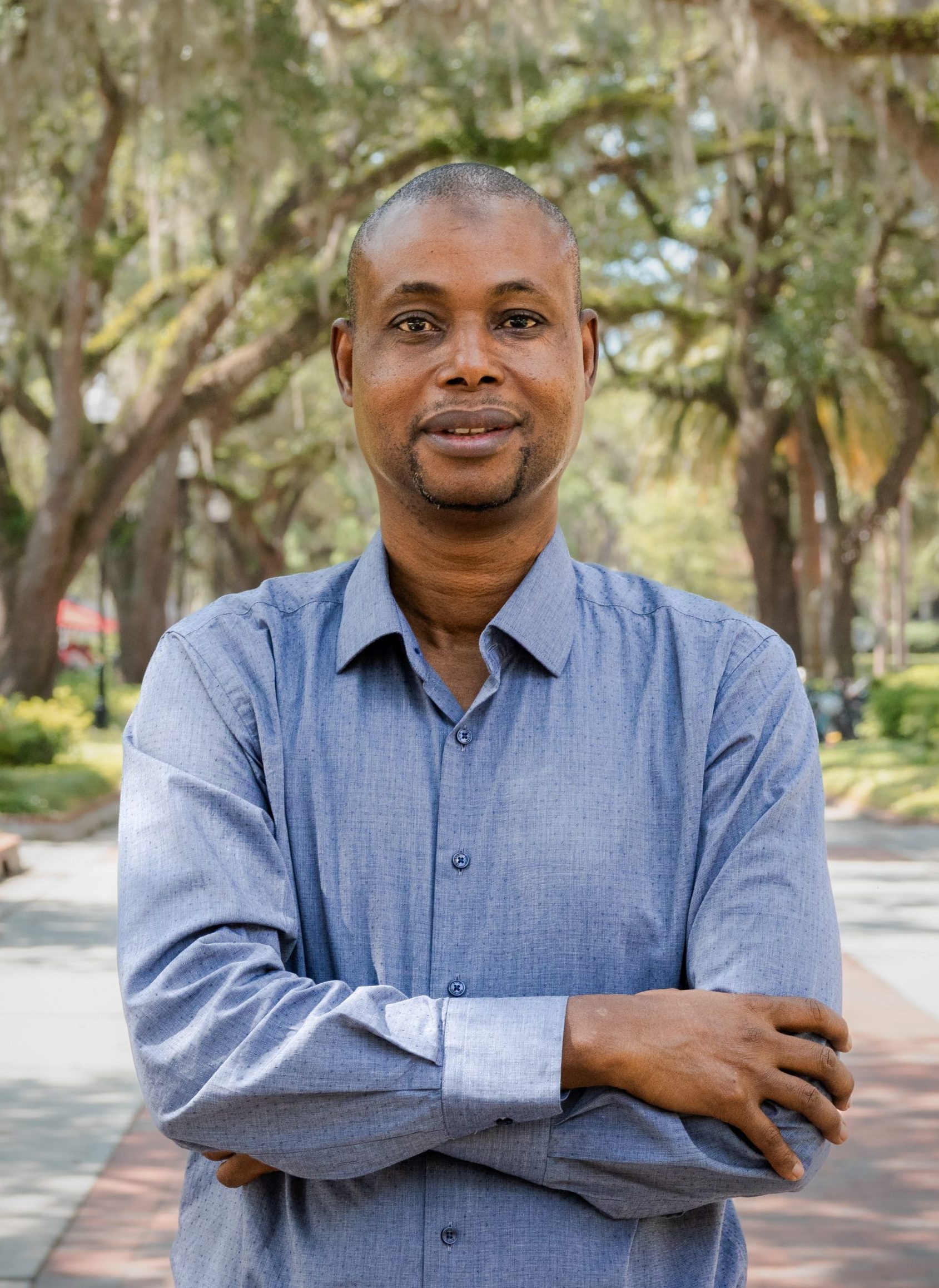 Dr. Abdoulaye Kane is an associate professor within the Department of Anthropology and Center for African Studies, at the University of Florida. He earned a Ph.D. from the University of Amsterdam, an M.A. from the Universite Gaston Berger, and a B.A. from the same institution. Dr. Kane’s research interests include transnational migration, migrant social networks, informal finance, diaspora studies, and gender and development. He has expertise in Senegal, France, Gambia, Mauritania, and Morocco.
Dr. Abdoulaye Kane is an associate professor within the Department of Anthropology and Center for African Studies, at the University of Florida. He earned a Ph.D. from the University of Amsterdam, an M.A. from the Universite Gaston Berger, and a B.A. from the same institution. Dr. Kane’s research interests include transnational migration, migrant social networks, informal finance, diaspora studies, and gender and development. He has expertise in Senegal, France, Gambia, Mauritania, and Morocco.
Zoliswa O. Sidzumo Mali
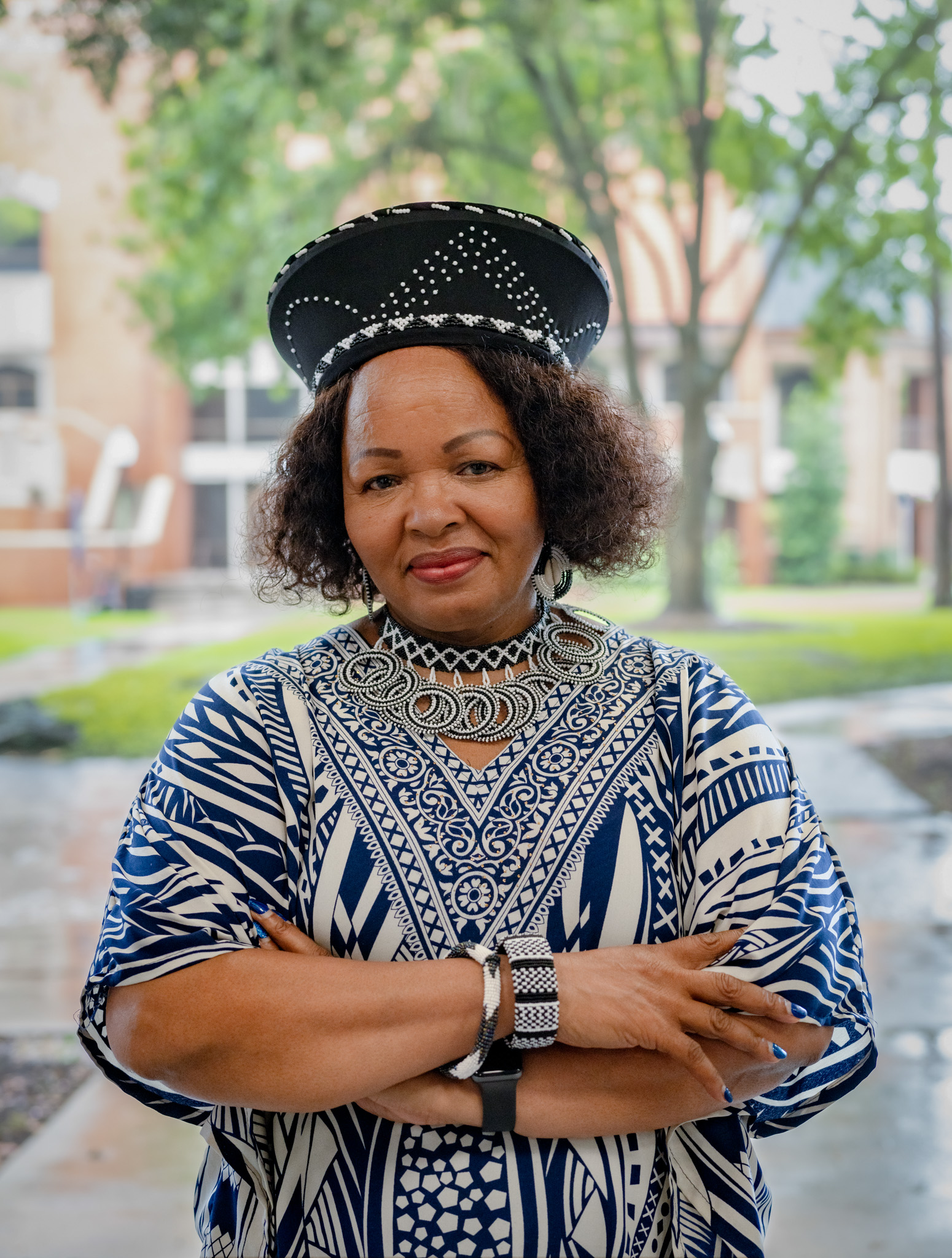 Dr. Zoliswa ‘Zoli’ Sidzumo Mali, is the Director of the African Language Program, in the African Studies Center, at the Pardee School of Global Studies, at Boston University. She is also the Immediate Past President of ALTA (the African Language Teachers Association). She was born and raised in South Africa and went through apartheid schools. She studied and taught at the University of Fort Hare where Nelson Mandela had started his college education. She got a BA (Hons) there and proceeded to a historically Afrikaans institution, the University of Stellenbosch near Cape Town. She got an MA (cum laude) in African Linguistics there before coming to the University of Iowa in the United States of America, where she got a Masters in Linguistics and a Ph.D. in Second Language Acquisition. She teaches isiZulu & isiXhosa which are South African languages and ‘Africa Today’ Recently appointed as a consultant by Disneyworld film makers for isiXhosa in LA, USA. She has been the external evaluator of AFLI for two summers prior to joining the AFLI teaching Team to teach isiZulu which she has done from before pre-COVID times
Dr. Zoliswa ‘Zoli’ Sidzumo Mali, is the Director of the African Language Program, in the African Studies Center, at the Pardee School of Global Studies, at Boston University. She is also the Immediate Past President of ALTA (the African Language Teachers Association). She was born and raised in South Africa and went through apartheid schools. She studied and taught at the University of Fort Hare where Nelson Mandela had started his college education. She got a BA (Hons) there and proceeded to a historically Afrikaans institution, the University of Stellenbosch near Cape Town. She got an MA (cum laude) in African Linguistics there before coming to the University of Iowa in the United States of America, where she got a Masters in Linguistics and a Ph.D. in Second Language Acquisition. She teaches isiZulu & isiXhosa which are South African languages and ‘Africa Today’ Recently appointed as a consultant by Disneyworld film makers for isiXhosa in LA, USA. She has been the external evaluator of AFLI for two summers prior to joining the AFLI teaching Team to teach isiZulu which she has done from before pre-COVID times
Jessica K. Mushi
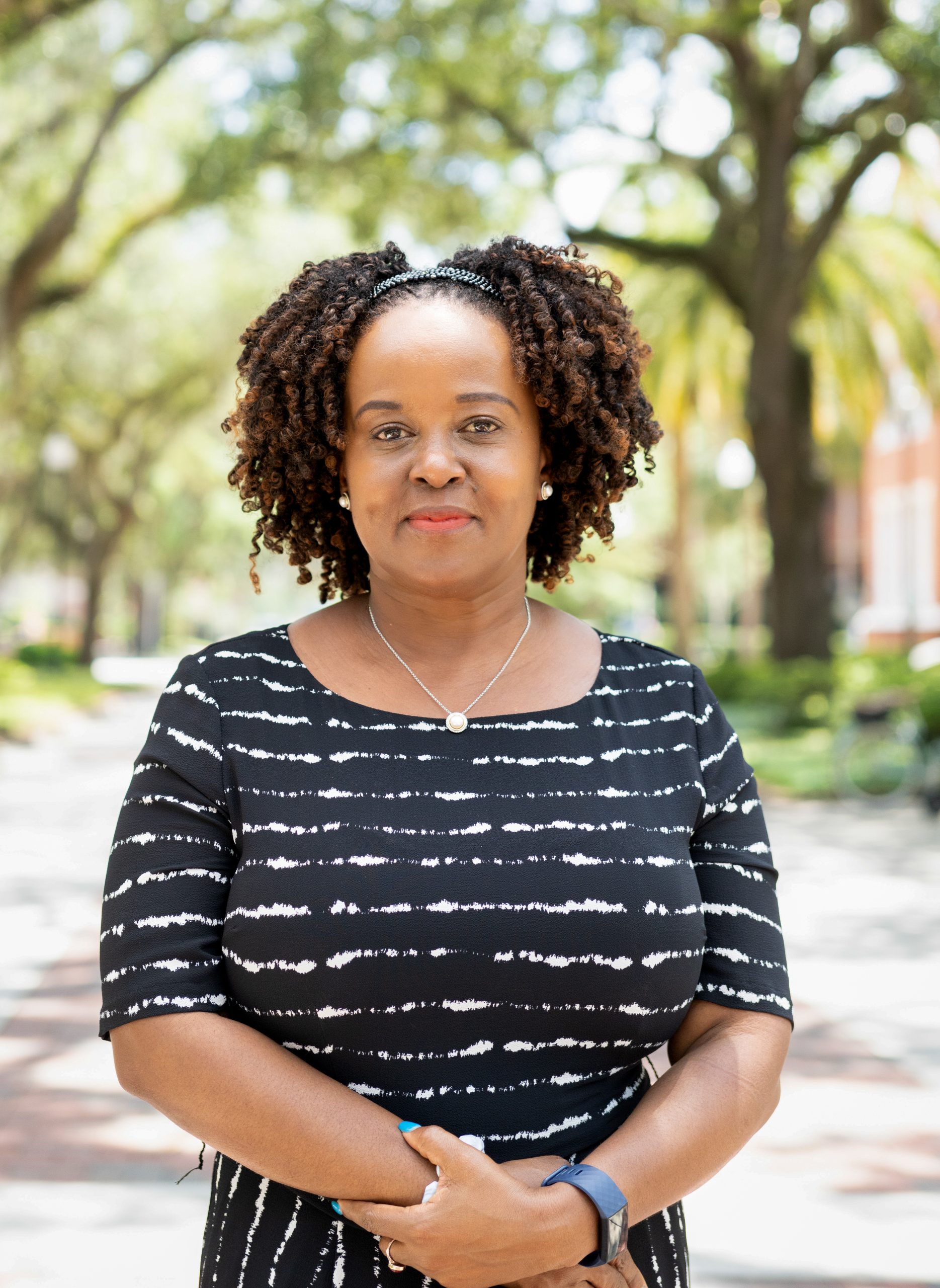 Jessica K. Mushi is a full time Swahili Lecturer and Cultural Studies at Winston-Salem State University. She is a 5th time Swahili Instructor at AFLI. She is also a certified ACUE Course Facilitator in Effective College Instruction endorsed by the American Councils on Education.
Jessica K. Mushi is a full time Swahili Lecturer and Cultural Studies at Winston-Salem State University. She is a 5th time Swahili Instructor at AFLI. She is also a certified ACUE Course Facilitator in Effective College Instruction endorsed by the American Councils on Education.
Past Instructors
Read more
Yaya B. Diatta
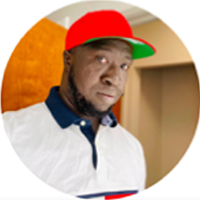 I am Yaya B. Diatta, PhD candidate in World Language Education at the Department of Curriculum and Instruction at the University of Wisconsin Madison. My research interests focus on language education, social justice, identity, and translanguaging. I hold both a Masters’ degree in English studies and a Masters’ degree in Education from Université Cheikh Anta Diop de Dakar in Sénégal. Before starting my PhD program, I was an ESL teacher for the Ministry of Education of Senegal. At the University of Wisconsin-Madison, I have taught Wolof for three years in the Department of African Cultural Studies.
I am Yaya B. Diatta, PhD candidate in World Language Education at the Department of Curriculum and Instruction at the University of Wisconsin Madison. My research interests focus on language education, social justice, identity, and translanguaging. I hold both a Masters’ degree in English studies and a Masters’ degree in Education from Université Cheikh Anta Diop de Dakar in Sénégal. Before starting my PhD program, I was an ESL teacher for the Ministry of Education of Senegal. At the University of Wisconsin-Madison, I have taught Wolof for three years in the Department of African Cultural Studies.
Seydina Mouhamed Diouf
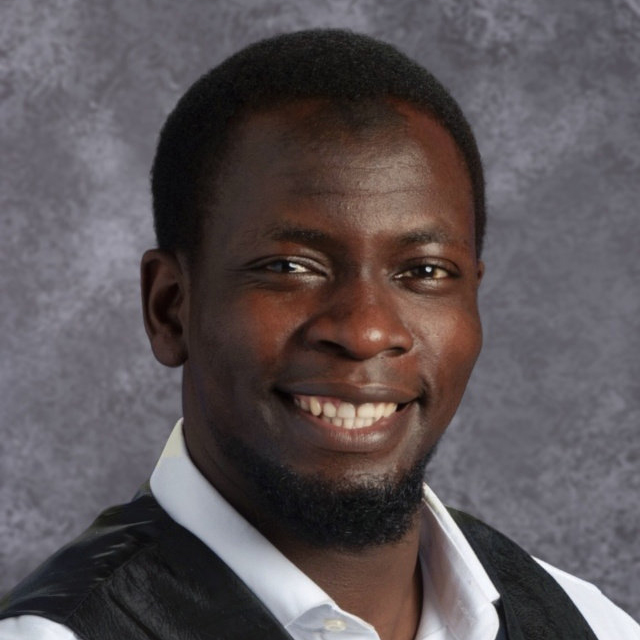 I have been living in the US for 10 years now. I am originally from Dakar, Senegal. I am currently teaching French in Lexington District One in Columbia, South Carolina. I graduated from the University of South Carolina where I taught French for 8 years. I also taught Wolof at Columbia University (NY) in 2012.
I have been living in the US for 10 years now. I am originally from Dakar, Senegal. I am currently teaching French in Lexington District One in Columbia, South Carolina. I graduated from the University of South Carolina where I taught French for 8 years. I also taught Wolof at Columbia University (NY) in 2012.
Moses Mabayoje
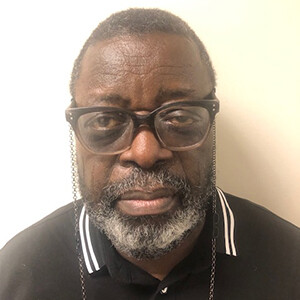 I am a Yoruba Language Professor in New York University (NYU), Department of Social & Cultural Analysis Africana Studies. I have a Bachelor of Arts and Master of Arts degree in Yoruba and a Post Graduate diploma in Education from the University of Ibadan, Nigeria. I am an ACTFL (American Council on the Teaching of Foreign Languages) trained Yoruba OPI certified tester. While in Nigeria, I worked as a secondary school teacher for Nigerian Government and did part-time teaching with a college of education. I moved to the U.S in 2006 and taught Yoruba Language, African Folkore and Literature courses at Rutgers University, New Jersey between 2007 to 2014. I was also the Resident Director, American Council for International Education’s Yoruba Flagship Program (2010-2011), and University of Florida’s Yoruba Study Abroad Program (2012 to l2016), both at the University of Ibadan, Nigeria.
I am a Yoruba Language Professor in New York University (NYU), Department of Social & Cultural Analysis Africana Studies. I have a Bachelor of Arts and Master of Arts degree in Yoruba and a Post Graduate diploma in Education from the University of Ibadan, Nigeria. I am an ACTFL (American Council on the Teaching of Foreign Languages) trained Yoruba OPI certified tester. While in Nigeria, I worked as a secondary school teacher for Nigerian Government and did part-time teaching with a college of education. I moved to the U.S in 2006 and taught Yoruba Language, African Folkore and Literature courses at Rutgers University, New Jersey between 2007 to 2014. I was also the Resident Director, American Council for International Education’s Yoruba Flagship Program (2010-2011), and University of Florida’s Yoruba Study Abroad Program (2012 to l2016), both at the University of Ibadan, Nigeria.
Mustapha Kofi Mohammed
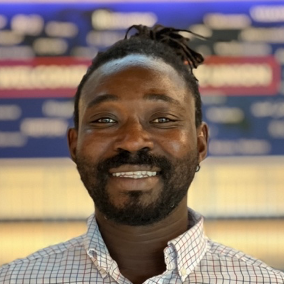 Mustapha Kofi Mohammed was born in Kumasi, in the Ashanti Region of Ghana. He attended both elementary and high schools in Kumasi. He moved to Ghana’s capital, Accra, for his bachelor’s degree, where he attended the University of Ghana and graduated with a First-Class Honors degree. Mustapha pursued his M.Phil. at the same University in the Department of Archeology and Heritage Studies. He joined the Department’s faculty in 2013 after his Master’s degree and taught for two years before moving to the United States to pursue a Ph.D. program in anthropology. Mustapha received his Ph.D. in anthropology from the University of Florida in 2022.
Mustapha Kofi Mohammed was born in Kumasi, in the Ashanti Region of Ghana. He attended both elementary and high schools in Kumasi. He moved to Ghana’s capital, Accra, for his bachelor’s degree, where he attended the University of Ghana and graduated with a First-Class Honors degree. Mustapha pursued his M.Phil. at the same University in the Department of Archeology and Heritage Studies. He joined the Department’s faculty in 2013 after his Master’s degree and taught for two years before moving to the United States to pursue a Ph.D. program in anthropology. Mustapha received his Ph.D. in anthropology from the University of Florida in 2022.
Beatrice Mkenda
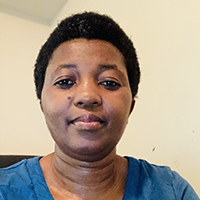 Beatrice Mkenda is currently an associate professor of instruction in the department of French and Italian at the University of Iowa. Beatrice joined the Swahili program in the department of French and Italian at the University of Iowa in Fall 2014. Beatrice teaches courses in Swahili language and African culture.
Beatrice Mkenda is currently an associate professor of instruction in the department of French and Italian at the University of Iowa. Beatrice joined the Swahili program in the department of French and Italian at the University of Iowa in Fall 2014. Beatrice teaches courses in Swahili language and African culture.
Before joining the University of Iowa, Beatrice taught Swahili at the University of Wisconsin-Madison as teaching assistant from 2007 to 2014. Beatrice received her MA and Ph.D. in African languages and literature, with the minor in Second language acquisition while teaching at the University of Madison-Wisconsin.
Beatrice is a native speaker of Swahili from Tanzania, where she also earned her undergraduate degree in language art and adult education from University of Dar es salaam.
Beatrice’s research interests span in both foreign language pedagogy and cultural studies. Most of her work has been on material development in less commonly taught languages, culture, literature in foreign language classrooms, intercultural connections in foreign language learning, and foreign language teaching standards. She has worked with highly recognized scholars developing foreign language Swahili teaching materials and also worked with the university of Dar es salaam in Tanzania providing workshops on teaching English as a second language. Beatrice has attended multiple conferences and presented papers of foreign language teaching and learning.